Miracle in Cell No. 7
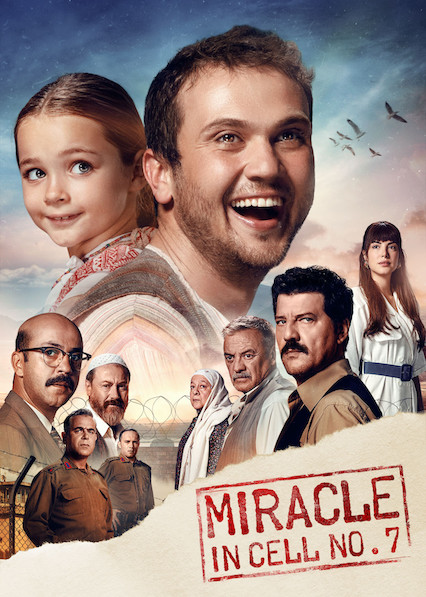
Back in February, Netflix starting publishing a list to recognize its most popular movies and TV series. Recently a 2019 production from Turkey somehow crept into the streaming service’s Top 10. Miracle in Cell No. 7 is a remake of a 2013 South Korean film. History has shown it to be a crowd-pleasing story. The […]
Apollo 11
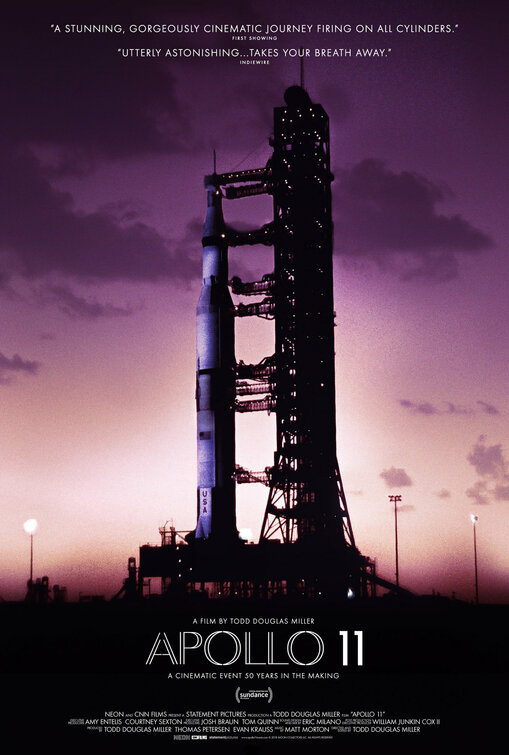
I couldn’t possibly be a bigger Oscar fan. However, I’ll freely admit they often get it wrong. In fact, the Documentary branch of the Academy is guilty of at least one glaring omission every year. It happened in 2017 when Tower failed to garner a nom, then again in 2018 with Jane and Won’t You […]
Bombshell
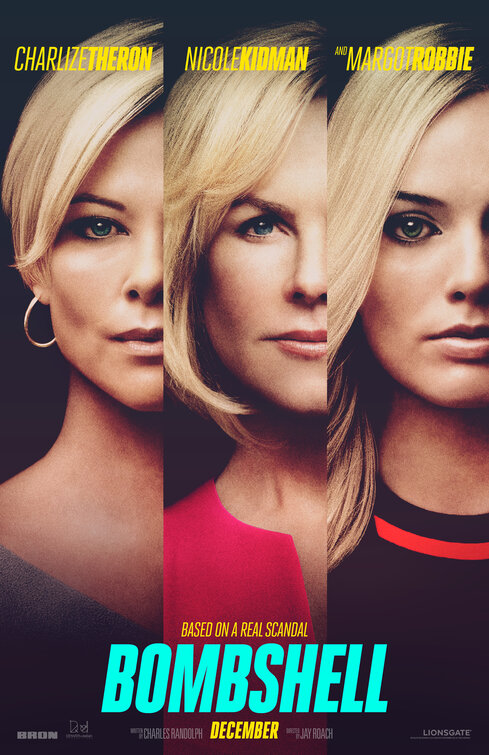
I wasn’t planning to review Bombshell. I saw it weeks ago. When it went wide on December 20, it did rather poorly at the box office. Apparently, a drama about sexual harassment wasn’t what people wanted to see right before Christmas. Go figure. I assumed it would be forgotten. Then on Monday, January 13, it […]
Just Mercy
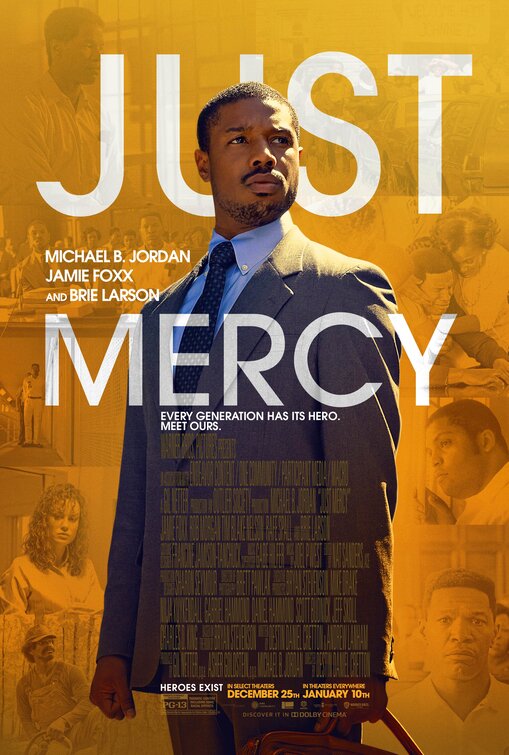
Just Mercy is a straightforward saga for people who don’t want to be burdened by individuals who show more than one side to their personality. If you like your villains twirling a mustache and your heroes as pious do-gooders then Just Mercy will fit the bill quite nicely. The drama concerns attorney Bryan Stevenson as […]
Uncut Gems
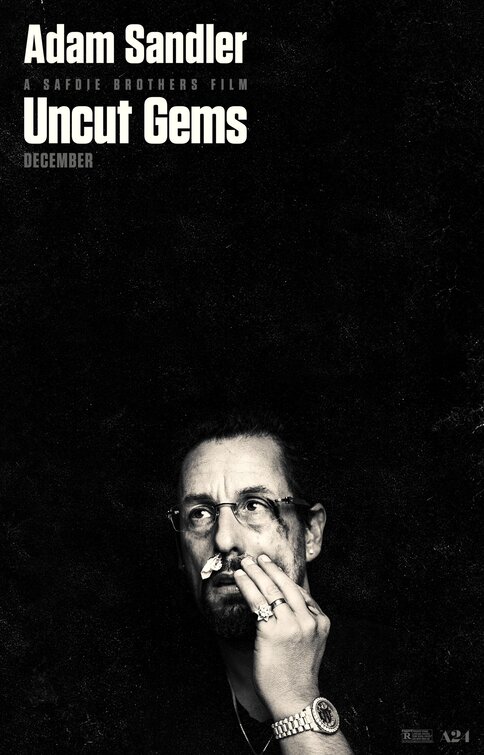
I am a huge fan of Good Time – the tour de force the Safdie brothers directed in 2017. It made my top 10 that year. So when I noticed that their latest offering was appearing on one year-end critics’ list after another, I got very excited. I was optimistic it would make my personal […]
Little Women
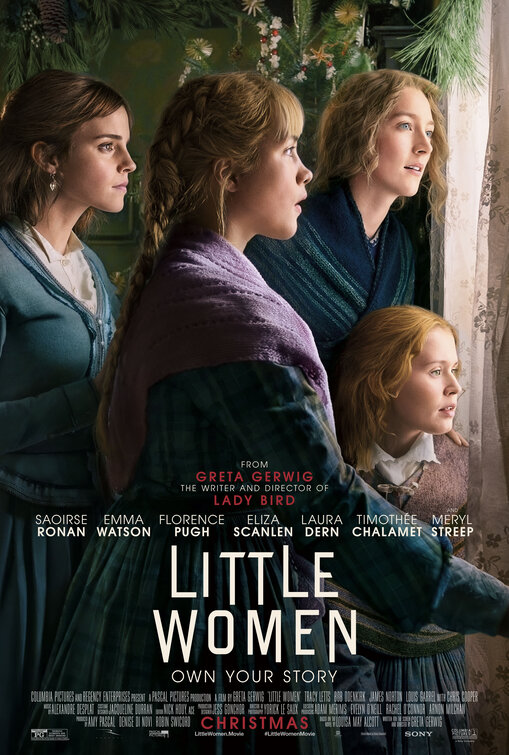
Little Women has been adapted to film 7 times. That includes two silent entries. Then there’s the myriad of productions for television. The Houston Grand Opera even commissioned a piece in 1998. Needless to say, it’s been a beloved tale since Louisa May Alcott published her novel in 1868 and then 1869 in two volumes. […]
Waves

Waves is a drama that gradually becomes an epic. It concerns a typical suburban family as they navigate that roadmap of emotional complexities that we call life. The chronicle begins rather deceptively as a simple melodrama. Tyler Williams (Kelvin Harrison Jr.) is a popular high school senior. He’s a smart kid and a star athlete […]
The Mustang
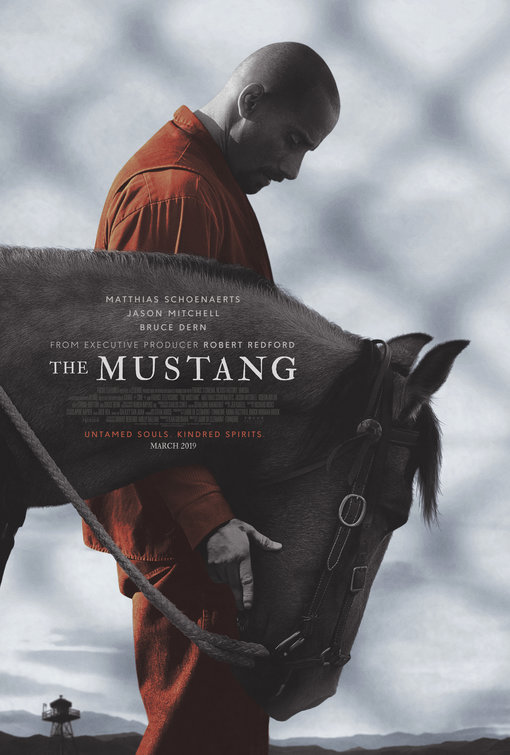
There’s a poignant simplicity that elevates this tale of redemption. Sometimes an uncomplicated, straightforward account about human change can profoundly move the heart. The Mustang is just such a film. Roman Coleman is a convict at the Northern Nevada Correctional Center who has trouble controlling his anger. He’s currently serving a 12-year sentence for a […]
1917
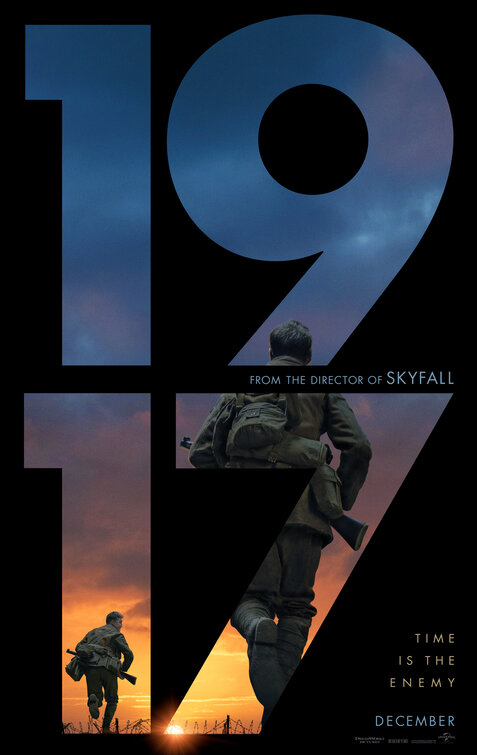
It’s no secret that films set during the Second World War far outnumber ones about other wars. Since 1998, the more well-known ones include Saving Private Ryan, The Thin Red Line, The Pianist, Letters from Iwo Jima, Fury, Hacksaw Ridge, Darkest Hour, and Dunkirk. There are so many others. My apologies if I missed your […]
Star Wars: The Rise of Skywalker
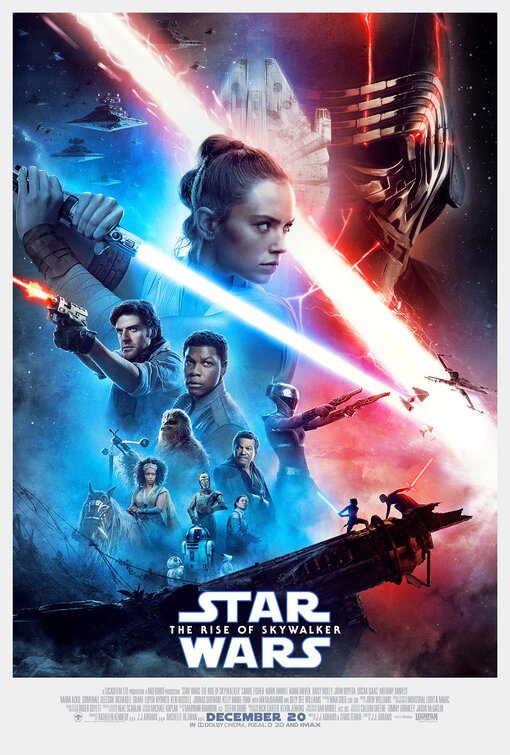
Star Wars: The Rise of Skywalker might have set a record for the number of spontaneous bursts of applause I’ve ever experienced during a theatrical screening. I stopped counting when it reached double digits. It was an absolute love fest. My reaction was less enthusiastic but I can appreciate why the crowd embraced this so […]
